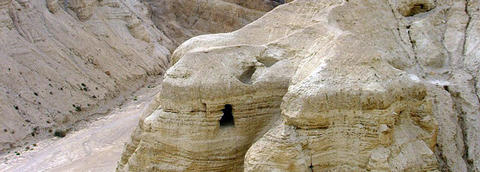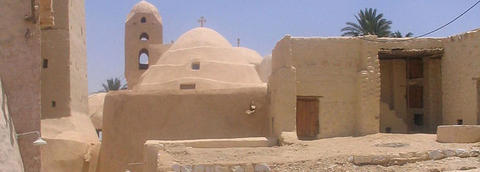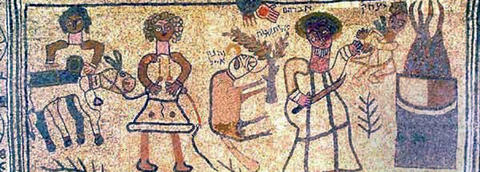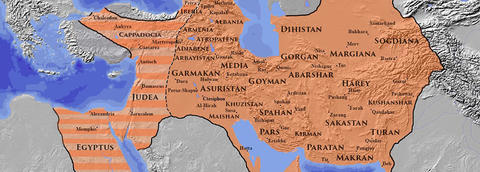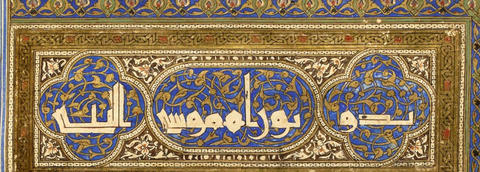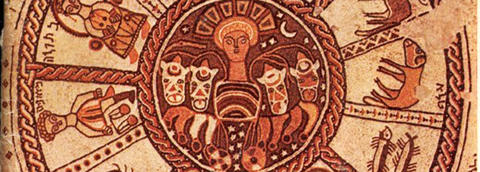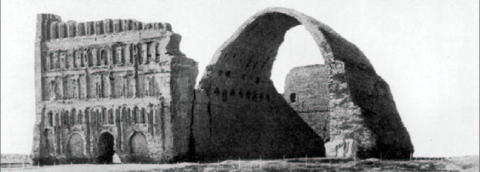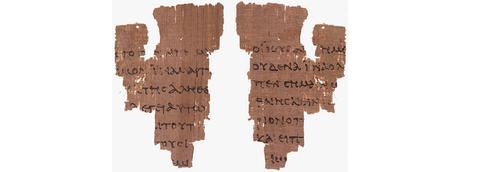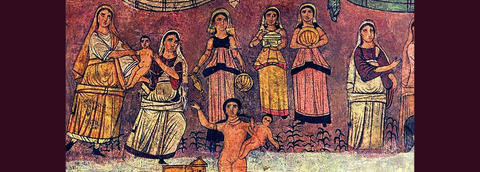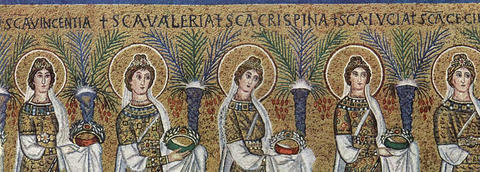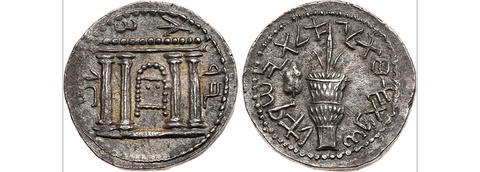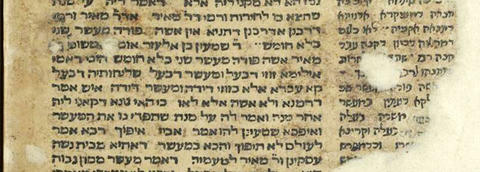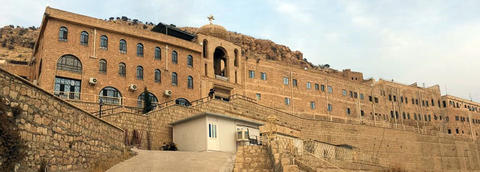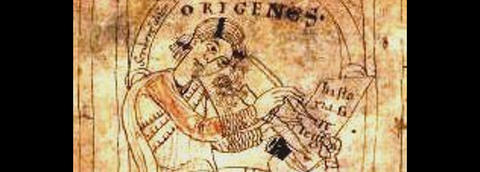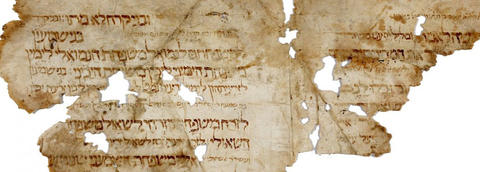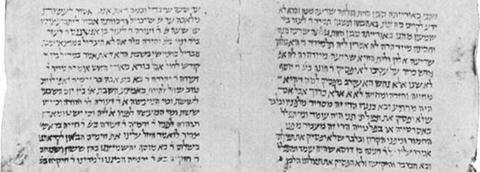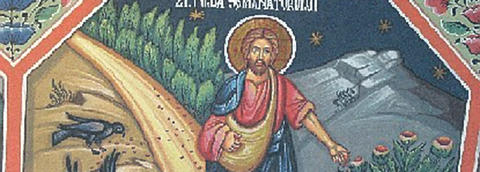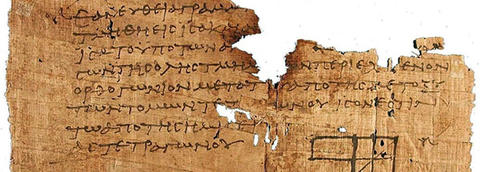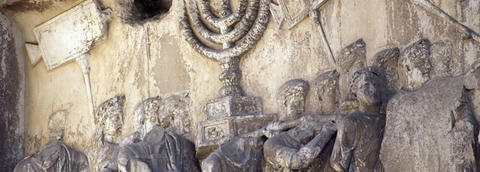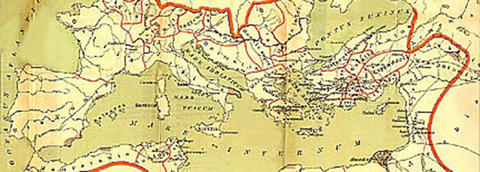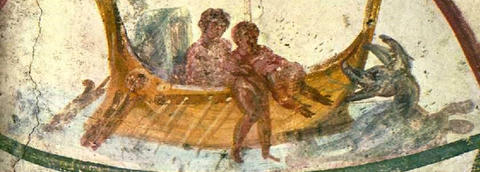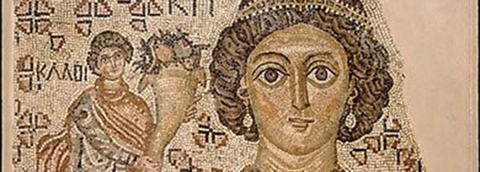Early Mediterranean and West Asian Religions (EMWAR) is a multidisciplinary program that enables students to develop research expertise and teaching competence in the traditional fields of Second Temple and Hellenistic Judaism, New Testament, Ancient Christianity and Rabbinic Judaism OR in cross-field areas of specialization such as Scriptures and their Interpretation in Antiquity, West Asian Religions of the Sasanian and early Islamic era, Christianity and Judaism in the Hellenistic East, and more. Through a combination of primary and secondary areas of concentration, this flexible program enables historical, literary, and comparative study of the religious texts, traditions, material culture, and cultural formations of the Mediterranean and West Asian world and their interactions from the Hellenistic period (3rd c BCE) to the early Islamic period (10th c CE). A Language Concentration Track (LCT) allows students to develop an even more specialized degree of philological and linguistic expertise.
We welcome your application to EMWAR. In the application process, the GSAS form will request that the applicant denote a “subfield”; because of EMWAR’s interdisciplinarity, applicants may choose “no subfield.” The statement of purpose should mention which modules (see below) the applicant is likely to pursue, even if these may shift as applicants enter the program and engage in coursework.
The program in Early Mediterranean and West Asian Religions prepares students for a wide range of future professions both inside and outside the academy. Students are trained to teach in a variety of contexts, serving as Teaching Fellows in undergraduate courses at Yale College and Masters level courses at the Yale Divinity School. Many take advantage of the pedagogical training available through Yale’s Center for Teaching and Learning, earning a Certificate of College Teaching Preparation (a comprehensive training program in effective college teaching). Upon graduation, students are prepared for research and teaching careers in major research universities, liberal arts colleges, Divinity Schools and seminaries, as well as for careers outside the academy (e.g., in museums, libraries, archives, publishing, public service, and more). As the landscape of higher education rapidly changes, the RLST department is invested in helping students imagine professional success in career realms beyond traditional tenure-track positions.
The program in Early Mediterranean and West Asian Religions reflects the inherently interdisciplinary nature of the study of religion in antiquity, up to the early medieval period. The program draws on an array of fields that illuminate the multiple interconnected religions in Mediterranean antiquity, including history and literature, language and linguistics, material culture and geography, and political, philosophical, and legal texts, beliefs, and practices.
Students gain facility in traditional and contemporary interpretive methods, including historical-critical, socio-cultural, theological, literary, and rhetorical approaches to ancient texts. Students are also exposed to a variety of theoretical approaches to the study of early Mediterranean and West Asian Religions and culture, including critical race theory; women, gender and sexuality studies; disability studies; and more. Students in Early Mediterranean and West Asian Religions may also choose to participate in Archaia (Yale Program for the Study of Ancient and Premodern Cultures and Societies), a collaborative para-curricular forum that brings together scholars in the Humanities, Social Sciences, the Yale Divinity School, and the Yale Law School for lectures, colloquia, lunchtime presentations, and other special programing.
At the heart of the program lies a modular system of course work. All students must take 14 courses consisting of RLST 510 (Theory and Method in the Study of Religion, required of all students) and 13 additional courses divided into three modules.
Module A = primary area of concentration (7 courses)
Module B = secondary area of concentration (3 courses)
Module C = multi-purpose electives (3 courses)
Because strong disciplinary training lies at the foundation of interdisciplinary and cross-disciplinary work, all students are expected to choose one primary area of concentration (Module A, 7 courses) and one secondary area of concentration in a different religious or cultural tradition (Module B, 3 courses). A further 3 courses (Module C) are electives. Students are encouraged to consider the following possible uses of Module C:
- to develop greater depth in one of the student’s existing areas of concentration, whether primary or secondary;
- to develop greater breadth through the addition of another area of secondary concentration;
- to develop expertise in a methodological approach, cultural area, historical period, or body of literature contributing to the dissertation project. These courses may be drawn from other departments and programs such as Classics, WGSS, Anthropology, Art History, etc.;
- to develop teaching competencies in outside the student’s areas of concentration (e.g., medieval Scriptural interpretation; modern Jewish thought; non-western Christianities, etc.);
- to acquire additional languages (see Language Concentration Track below).
At Yale, students regularly interact with the world’s leading experts in the religions of the early Mediterranean and West Asian region. Yale’s faculty and programs offer a collective chronological and geographical breadth, as well as areas of deep specialization, to support and expand students’ areas of inquiry. Yale is also among the small number of North American Universities that provide advanced instruction in the many languages required for advanced research in Mediterranean and West Asian religions including Hebrew, Aramaic, Syriac, Greek, Latin, Ethiopic, Coptic, Middle Persian, and Arabic.
Contact Information
The Department of Religious Studies
320 York Street
P.O. Box 208287
New Haven, CT 06520-8287
yii-jan.lin@yale.edu
